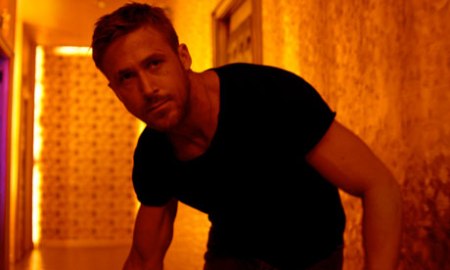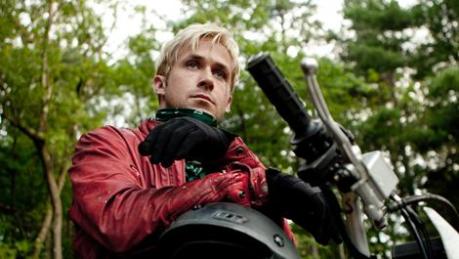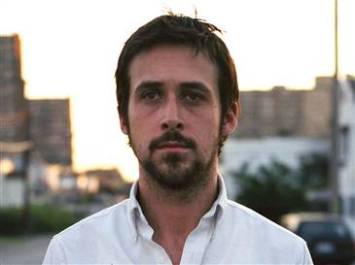Like most, Nicolas Winding Refn’s Drive captivated me. It was a film that I immediately felt a vast love for, and that intense adoration has only grown on further viewing – for its style, poetry like nature and the intimidating feeling I felt from it. I had previously, without knowledge of Refn, seen Bronson – another film that impressed me because of its power – but the subsequent second viewing of it alongside introducing myself to the Pusher trilogy, Fear X, Bleeder and Valhalla Rising, made me into the Refn fan that I am today. All of films work on their setting and violent thematic content to encapsulate their tales in provocative manner, all of which remain true to themselves in their vision. I didn’t feel the encouragement that some found with Valhalla Rising, but I respected Refn’s decisive decision making to fulfil his ambition.
Only God Forgives, the new film from Refn, has many of the same qualities thatValhalla Rising failed to excite me with. This film, from the opening sequences, makes it graphically clear to the viewer what they are about to watch – a lucid, beautiful nightmare of slow-burning power. Saying that may be conflicting, but its easy identifiable to me how Refn is attempting to portray his visionary madness. In the cinematography and framing used throughout the film, the influence of the destructively brilliant David Lynch is visually clear – Only God Forgives works off a bloodthirsty red colour palette to show the insanity of the film with complete disregard for visual subtly. Is that a criticism? Absolutely not. Whilst I often appreciate the cinematography of a film to not overshadow the portrayal of its tale,Only God Forgives utilises this lack of photographic subtly to its full advantage.
It’s undoubtedly clear to me why people will loathe this film and as it unfolds the patience required can be excruciatingly frustrating, but one you’re past the line of adapting to the poisonous tone of this psychedelic nightmare, you’ll be dragged in hopefully by its power. I felt this visionary madness from the darkening first moments and my addiction just grew and grew. It’s a massacre of violent proportions, all heightened by the harnessing poignancy of the work from Ryan Gosling and Kristin Scott Thomas and the dark witted force of its silence. I beg of its detracters to revisit immediately.
85/100


